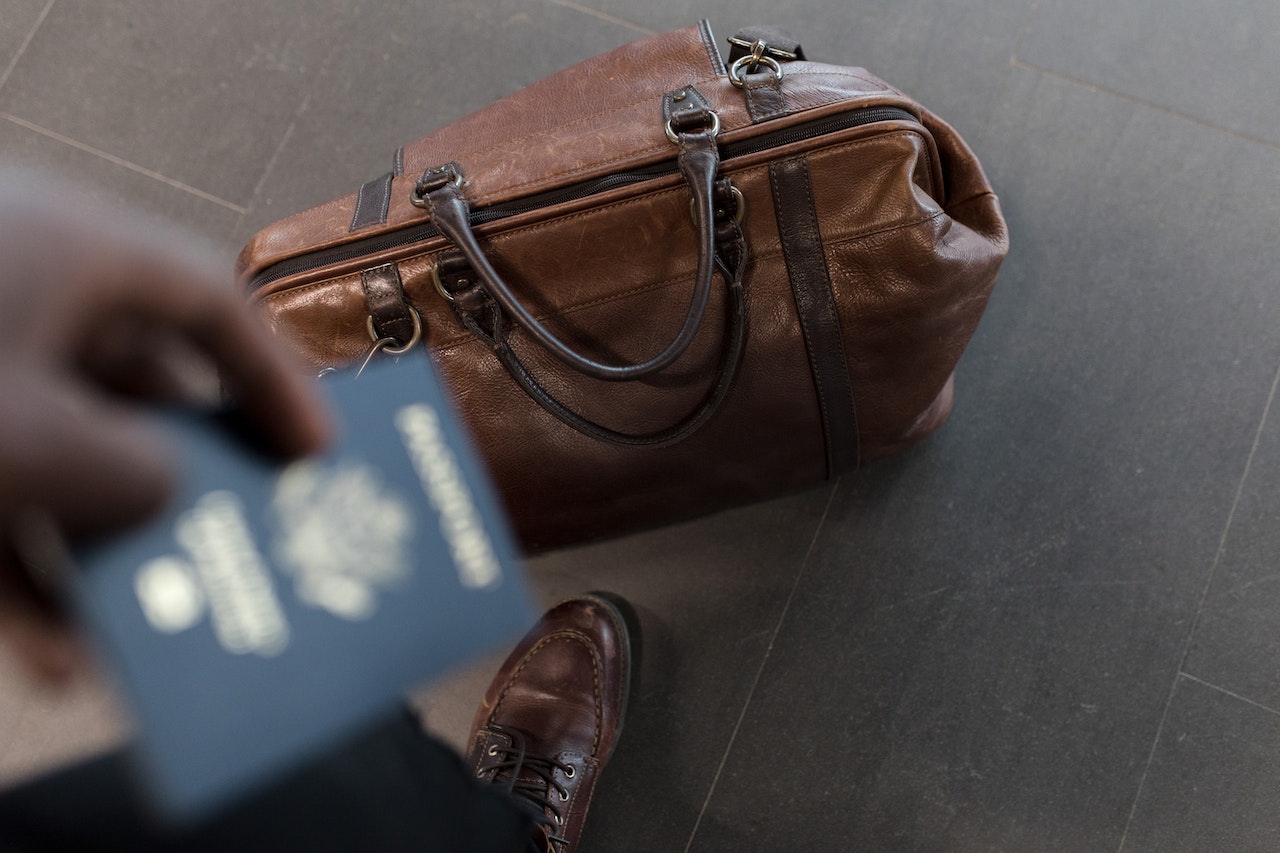A Checklist for an International Move: 6 Things to Consider

Whether you are moving for work, study, or to explore a new culture, moving to another country can be a thrilling adventure filled with new opportunities and challenges. Moving abroad can offer a unique opportunity for personal growth, cultural immersion, and a broader perspective on the world. For example, living in Miami may not be the best option for those who don’t like the heat and lifestyle and want better professional opportunities elsewhere. In that case, moving to a cooler and more thriving professional environment for your specific industry may be a better option. Europe has plenty of potential opportunities.
However, while living in a foreign country may be appealing, it is important to consider the practicalities and logistics of your relocation carefully. Moving to another country requires careful planning and preparation, from obtaining visas and finding housing to navigating new languages and cultural norms. What to do, what to buy, what to bring with you, and what to leave behind are just a few of the decisions every potential ex-pat must make before moving.
Hold on, though, as there’s no need to press the panic button yet. This article contains a comprehensive checklist to make your international move successful.
Choose a Reputable International Moving Company
Relocating overseas with your precious belonging is a complex process. Moreover, bringing significant luggage on airline flights is becoming increasingly difficult and expensive. It is also inconvenient to drag multiple suitcases onto public transportation. Nevertheless, taking your favorite possessions with you can help you make your new place into a home and alleviate homesickness, especially when hopping from a sunny place like Miami to a snowy area in Europe.
Also, moving to a different continent requires extensive planning; therefore, finding a company specializing in international moves can make the process much smoother. For instance, if you’re moving from Miami to Europe, professional movers with experience and expertise can handle logistics, including transportation, customs clearance, and documentation. Moreover, international moving companies typically offer insurance options to protect your belongings against damage during transit.
Sort Out Your Finances

Moving abroad can be a significant financial undertaking, so sort out your finances beforehand. Open a bank account in your new country before you move to make banking easier. Consider fees, accessibility, and online banking options when researching banks that provide services in your preferred language.
Taxes can be complex when moving abroad, so research the tax laws of your new country. Consider speaking with a tax professional to ensure you comply with all tax requirements. If you have debt in your home country, make arrangements to continue payments while abroad. Go through your new country’s laws regarding debt and credit, and make arrangements to proceed with installments. Consult an accountant or financial advisor for additional guidance.
Get Your Documents in Order
Carrying all appropriate documentation with you while relocating overseas is critical to guarantee a smooth transfer. Here are some essential documents you should take with you:
- Passport: Your passport is your most important document when moving abroad. Ensure your passport is up-to-date and has enough validity to cover your entire stay.
- Visa
- Work Permits: If you are moving abroad for work, have all the necessary work permits and documents, such as letters from your employer or work visas.
- Birth Certificate: Your birth certificate is a crucial document that may be required for legal or administrative purposes. It is crucial to have a certified copy with you.
- Marriage Certificate: If you are married, take a certified copy of your marriage certificate.
- Driver’s License: If you plan to drive in your new country, check whether your current driver’s license is valid or need an international one.
- Medical Records: Take a copy of your medical records, including any prescriptions or health-related documents.
- School Records: If you have children, take a copy of their school records, including transcripts and vaccination records.
- Financial Documents: Take copies of financial documents, including bank statements, tax returns, and investment records.
- Insurance Documents: Take copies of insurance policies, including health insurance, travel insurance, and car insurance.
Make Arrangements for Your Accommodation
If you are a student moving overseas, you may find that your college provides on-campus housing. Alternatively, most university towns and cities provide students with affordable housing, usually in apartment shares.
If you are moving abroad for employment, look into available accommodation before you leave. You can also consider visiting the homes you plan to stay in when you arrive before moving there. In the interim, reserve a room at a nearby hotel. Ensure the rental price is reasonable for the area before signing any agreements. Before signing a rental agreement, read and understand the terms and conditions. Consider the length of the lease, the rent amount, and the security deposit.
Finalize Your Travel Schedule

Make sure you understand every detail of your journey to your new location. This may seem obvious, but arriving at an unfamiliar location can be disorienting. Study the area thoroughly and print down directions to your final destination, public transportation timings, and fare charges. Ensure you are not traveling on a public or bank holiday, as this could result in reduced schedules or no service on that day. In the event of unforeseen travel disruption, be aware of alternate modes of transportation and save taxi company phone numbers in your phone.
Familiarize Yourself with Your New Area
Last thing to check off your list while moving overseas is to habituate yourself in your new locality. Do some research on your neighborhood before your move. List nearby amenities like banks, chemists, local shops, and public transportation options. If you know where you’ll be living, write down how far away these places are, how to get there, and what hours they are open. Check to see if you can save money by purchasing one of the travel cards if you intend to use public transportation frequently.
Learning the local language might make you feel more comfortable and confident in your new surroundings. Take language classes or use language learning applications such as Duolingo or Rosetta Stone.
Conclusion
Moving abroad can be a fascinating but intimidating experience. There is so much to consider and plan for at home and overseas to make your move a reality—such as packing, arranging transportation, finding new housing, and planning for your new career or course of study. However, don’t allow the details of the relocation overwhelm you. Instead, plan ahead and make the journey to your new life abroad a positive one.